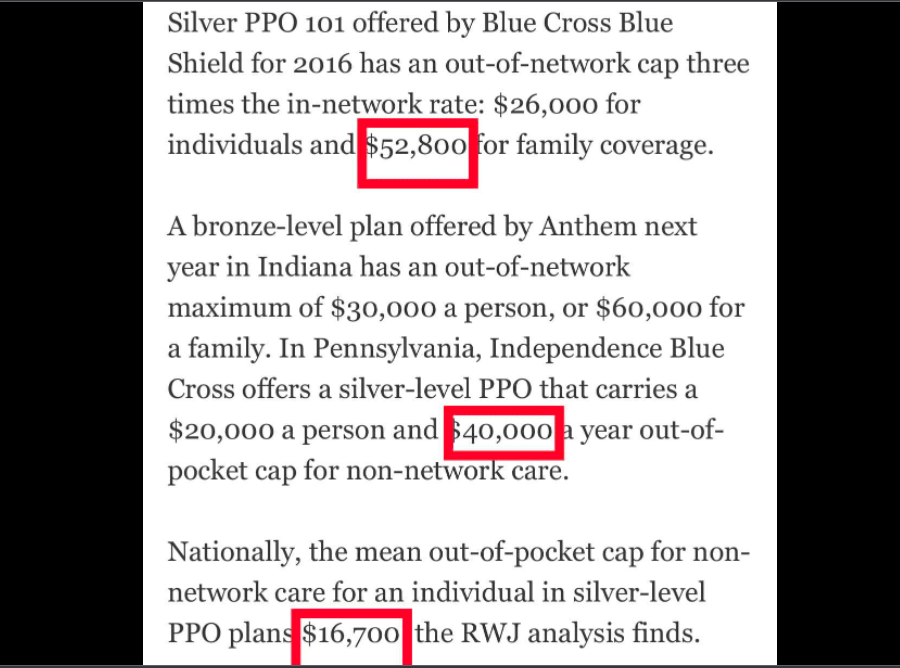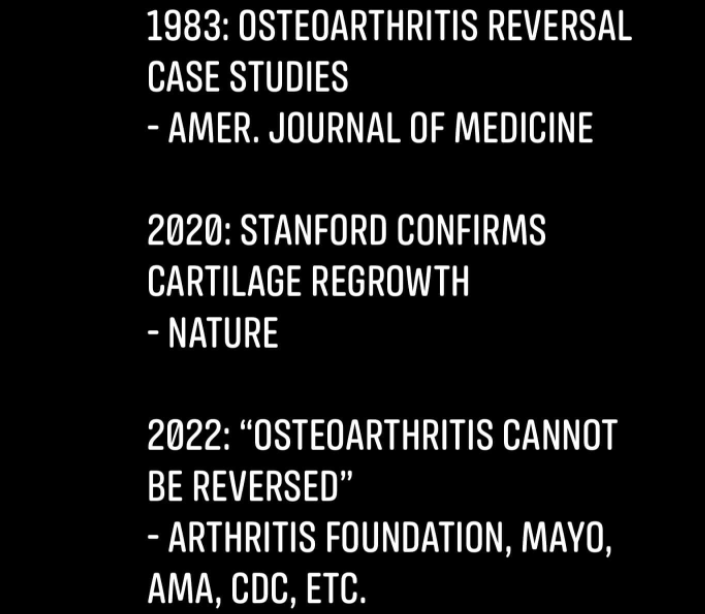|
Inactive people have a high incidence of joint replacement. Lack of stressing the heart and circulatory system creates heart disease: https://www.ahajournals.org/doi/pdf/10.1161/01.atv.0000158311.24443.af?download=true. People with low lifetime adversity have worse mental health than those with moderate levels: https://doi.apa.org/record/2010-21218-001?doi=1. We may think we want to avoid difficulties. Ironically, that seems to make life worse. Without some significant challenge, systems merely weaken.
One day you see an interview with Justin Bieber talking about thoughts of suicide. You read a news story about a perfect model killing herself. The next day, you catch the word “depression” in dozens of headlines about billionaire celebrities. Having it easy isn’t the same as having it good. For a span of years my private insurance premiums were $3,000 per month with a yearly max-out-of-pocket between $40,000 and $80,000. And we spent it. Our physical storefront between rent, utilities, and insurance is over $60,000 per year. In the truly independent sphere, there’s no maternity leave, FMLA, PTO, calling in sick, calling in late, vacations, medical, dental, 401k, pension, job security, nothing. Zero support structure and spending $160,000 per year BEFORE house, cars, food for kids, etc. (and don’t forget Uncle Sam has to take his cut) was an IMPROVEMENT, by the way. In the employed world, it was a non-stop nightmare. My wife’s employers eliminated her division, pushed her out with an NDA, and worse. From 2009 to 2010 my employer attempted to avoid paying 75% of my compensation. Most people’s descriptions of caustic workplaces sound dreamy to us. We never had it as good as what many people call “toxic” or “impossible.” I’m thankful for it. I’m healthy. Many times I’ve felt a desire for some stability; but then I observe how average people get bent out of shape over a delayed Amazon order, Starbucks line, social media post, or news story. A lot of lives out there are too easy; and it’s making people mentally unhealthier. In conversations about the horrors we faced for at least 15 years, my biggest concern is that a lot of listeners appear to have such incredibly unchallenging lives that they can’t even imagine what I’m saying. They don’t seem to know this; but it’s evident in their remarks. I once had a client say, “overhead must’ve plummeted when you went independent.” Another interjected, “you should go for SIX OR MORE weeks,” when I said we were going to Greece in 2019. I’ve heard “must be nice” more times than I care to remember. And those were kind and smart people. Their jobs, pay, and lives were/are/will-be so secure that they have no context to discuss real life. The volatility that is my norm exceeds their wildest nightmares. Dealing with government employees over permits for one of our business ventures was elucidating: these people’s lives are way WAY too easy to even begin to understand the difficulties of small businesses. This finally stuck with me when I saw a trending hardship story from a multi-million follower influencer. Tens of thousands of comments were pouring in, commending him for staying strong through such a hard time. When I listened to him describe hitting rock bottom, however, the list of “impossible challenges” included running late on private school tuition for his kids while his wife’s business was doing just fine. And as I listened more intently, his description of a “hard time” was my definition of having “made it” and becoming wealthy. He and many of his followers genuinely believe a cakewalk is “character-building difficulty.” Ok. Wow. Now I get it: a lot of people’s lives are TOO easy. That’s not good. That’s amplifying he mental health crisis in this country. A lot of you out there are pushing through a challenge which others can’t even fathom. Not most of you. But some. Some of you are going through horrors unimaginable to the rest. And that’s good. We need challenge, especially when we don’t want it. The things others say to you aren’t only unhelpful; they’re anti-helpful. Even kind, well-intentioned, smart people will attempt to comfort you by saying sentiments which strike like hot daggers. I get it. I really do. I’ve dealt with it for almost 20 years. But believe me: you’d be surprised what you can endure. Even your own definition of impossible you may be able to endure. And you’ll be healthier than many around you for it.
0 Comments
I marvel at the faith of Can’t-DOists. It exceeds the most pious of pilgrims, the most reverent of reverends. It eclipses the ecclesiastical. It shames the saints. It outmatches martyrs, mosques, and monks. It passes the Pope and all his priests. We shudder at zealots who would kill, bomb, fly planes into buildings. But the Can-t-DOists, my boy, have them all beat. The Can’t-DOists murder hope itself, and, by extension, destroy whole worlds. They grin while they do it, without a fleck of doubt, and certainly no disappointment.
Can’t-DOists have so much faith in the unseen O’Great Impossible that they believe in the O’Great Impossible even when they are looking directly at the possible. It’s remarkable, really. I almost admire it. I have never had as strong of faith in anything as the Can’t-DOists have in the O’Great Impossible. To them, He explains all, predicts all, does all. Their numbers are strong, their dogma clear: the best way to avoid failure is simply never try. Better than that, don’t even think about trying. Better than that, don’t even hope. Better than that, have an authoritative organization declare something impossible even AFTER something is PROVEN possible. That way, we don’t waste our precious energy on thinking about hoping to try to improve. It’s a great sales pitch: ASPIRE to be a slug. Don’t just be vindicated in your inaction, when you can be virtuous by giving up. You can signal your virtue AND your faith by telling others the good news: don’t even try. Evangelical Can’t-DOism is a fervent bunch, always ready to help others: “before you waste your time, remember, all things are impossible through Him who weakens us.” The true believers are astonishingly well-represented by medical organizations, who will proclaim certain conditions as hopeless AGAINST the evidence. Despite documented diabetes reversal, most experts will say it CANNOT be done. Even though we have images proving that some people rebuild joint spaces, the Arthritis Foundation itself won’t even entertain the idea 40 YEARS LATER. Even though bulged discs come and go, most will say it’s only a one way trip. Even though LACK of exercise worsens all cardiovascular conditions, the American Heart Association warns many against moderate intensity exercise while still hyper-promoting specious drug therapies. When we strip away the grift and financial interests getting in the way of science, we are still left with a problem: people aspire below mediocrity. And this is where the Can’t-DOists’ proselytizing really strikes a chord, because, well, it’s aiming below THAT. What many of these experts and organizations are REALLY saying is, “ON AVERAGE, the average outcome is that things keep getting worse.” Well, no shit. But saying THAT isn’t going to fill any donations baskets, is it? It’s better to definitively declare, “CAN’T BE DONE!” That clear-cut disempowerment, my friend, is how you run a bona fide Crusade. |
Elev8 Wellness
|
LIVE. AWESOME.We offer the highest quality in personal fitness, nutrition, and mindset coaching, helping you achieve your fitness, health, wellness and performance goals no matter the obstacle. With virtual online training and private, in-studio training we make it easier to reach your wellness goals safely.
No more can't. No more not good enough. If you compete in a sport, let your mind no longer hold you back from being the greatest. If you don't, let your mind no longer hold you back from being the best version of you that you can be. Sign-up for a Tour Covid Screen Waiver Elev8 Waiver Become an Elev8 Instructor Space Rental |
6244 lyndale ave. s., minneapolis, mn 55423
|
© 2021 Elev8 Wellness LLC. All Rights Reserved. site map | contribute | SITE BY Sproute Creative



 RSS Feed
RSS Feed
